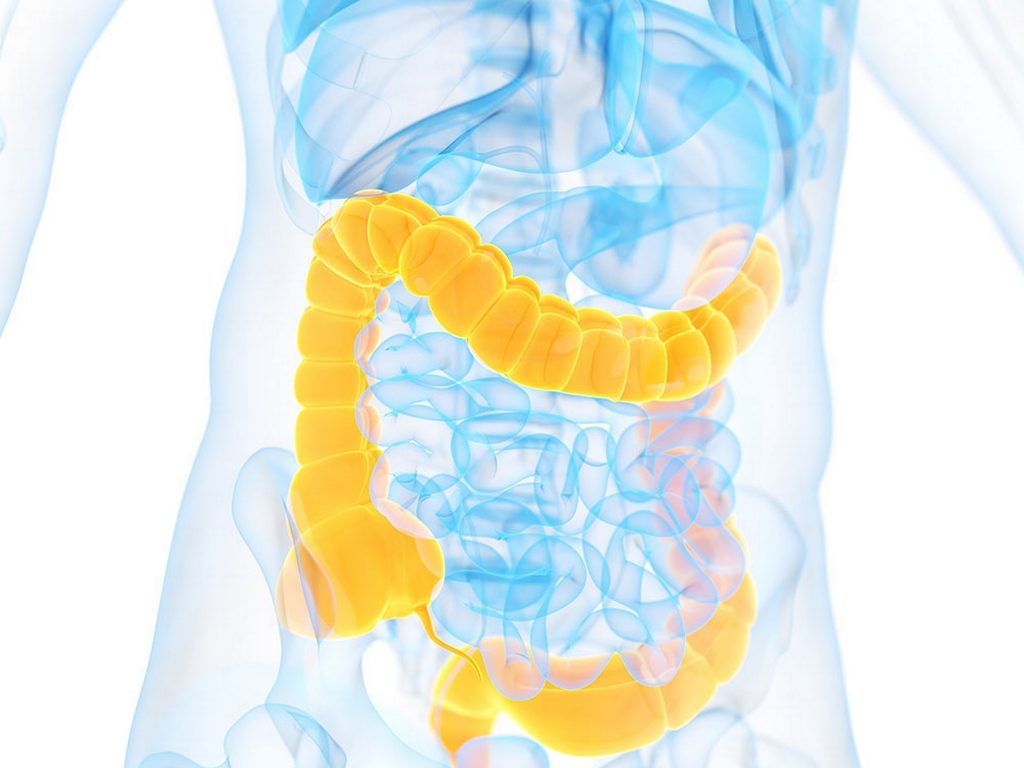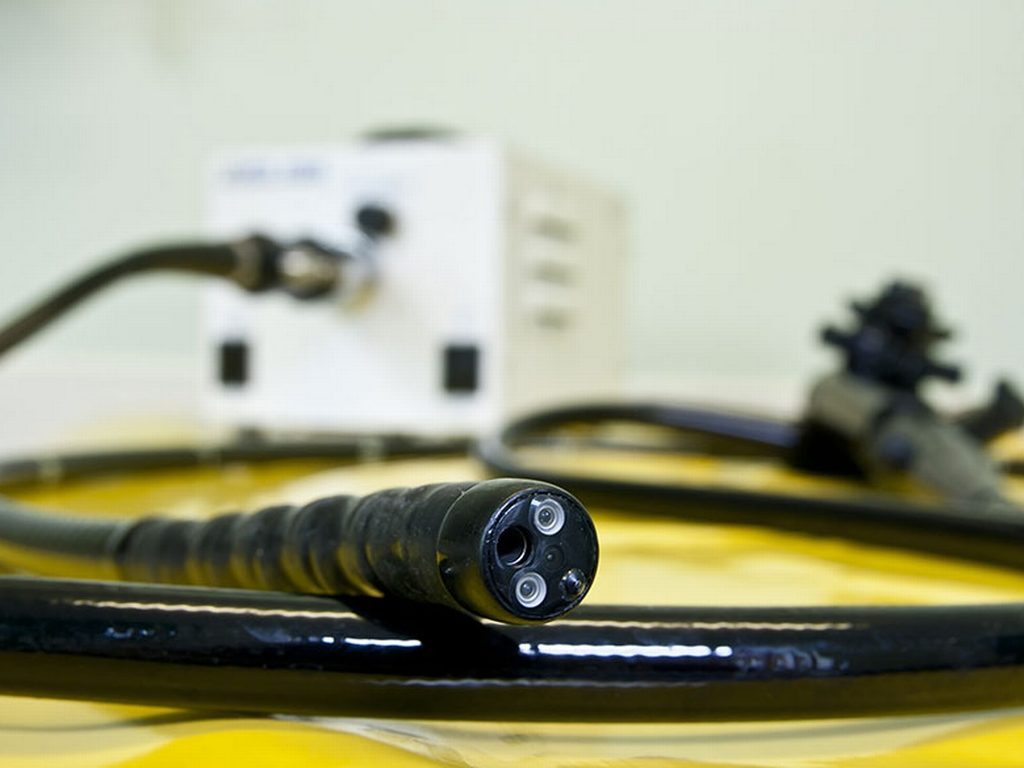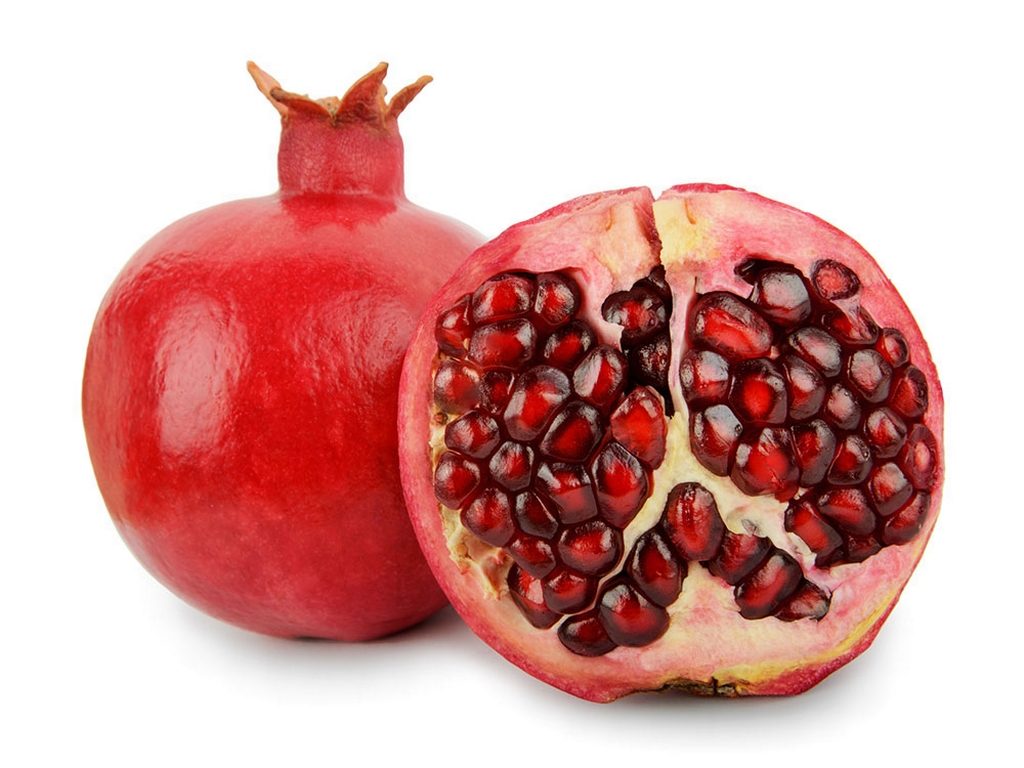According to the World Health Organisation (WHO), colon cancer (cancer of the large intestine) is the fourth-most-prevalent cancer worldwide. And, like any other form of malignancy, early detection is key – if caught early on, colon cancer can be cured in most cases. What’s more, steps can be taken to lessen the risk of developing the disease in the first place. We asked some specialists in the region to shed light on the causes of colon cancer and the measures that can be taken to thwart it.

The colon plays a vital role in the overall functioning of the body; after all, it’s where waste is stored before it’s eliminated from the entire system. While it’s common for the colon to develop polyps – benign growths that arise from the cells lining the large intestine’s inner wall – the growths can become harmful over time if they’re not monitored or removed.
Causes and Risk Factors
According to Dr Bernard Lim Yon Kuei, the causes of colon cancer are multifaceted. “It’s often a combination of diet, lifestyle, environment and, most importantly, genetic factors, which puts one at greater risk,” he says. “Diet-wise, most would advocate a healthy balanced diet with adequate fruit, vegetables and fibre, while avoiding too much red meat, processed meat and barbecued products, which may be carcinogenic.”
However, Dr Lim says that diet alone is not enough to significantly lower the risk. “Genetics is probably the most important risk factor. If you have a close family member who has had colon or colorectal cancer, then your risk would be higher than the average person’s,” he explains. “Screening, early detection and removal of polyps is the most effective way to prevent colorectal cancer.”
Colorectal cancer is currently the leading cancer in males and the second leading cancer in females, and the number one cancer for men and women combined. “However, there’s no gender or demographic risk factor for colorectal cancer; it can really strike anyone,” says Dr Lim.
And, while the danger of colorectal cancer increases with age, especially after the age of 50, it can affect younger people too. “Although much rarer, it’s always possible for polyps to start at an earlier age. Patients with persistent symptoms should seek attention no matter their age,” Dr Lim advises, “especially those with a family history of colorectal cancer.”
Other risk factors include a record of colorectal polyps or ulcerative colitis, and cancers of other organs, especially breast or ovarian cancer.
Symptoms and Detection
Typically, early colorectal cancers and polyps have no symptoms, according to Dr Lim. As they develop, however, common indicators include blood or mucus in stools, changed bowel habits, a feeling of incomplete emptying even after passing motion, and more non-specific symptoms like abdominal discomfort, bloating, constipation, weight loss or lack of appetite, as well as signs of anaemia – fatigue and shortness of breath, for example.
“These symptoms may be confused with nonthreatening conditions such as haemorrhoids, but these benign conditions can coexist with potentially more serious ones like cancer,” Dr Lim says. “The only way to tell is through screening.”
An endoscopic examination of the colon, known as a colonoscopy, is what Dr Lim calls “the gold standard test” because it’s both diagnostic and therapeutic – meaning it doesn’t just detect cancer, it can also prevent cancer via the removal of polyps. (See more on colonoscopies, below.)
Other screening methods for detecting colon cancer include a CT scan, a barium enema and CT colongraphy, which can identify polyps and cancers but cannot remove them in the same setting. “The most important thing is to raise awareness about this common but potentially preventable and curable cancer,” says Dr Lim. “Through knowledge and early screening, colorectal cancer can be avoided.”

Colonoscopy is Key
Dr Andrea Rajnakova explains how colonoscopies play a crucial role in identifying cancer and other conditions.
What’s a colonoscopy?
It’s an endoscopic examination of the colon with a fibre optic camera on a soft flexible tube that’s passed through the anus. Done under sedation, a colonoscopy provides visual examination of the colon and allows detection of polyps, ulcers, inflammation, colonic diverticuli and other possible conditions. It also allows for a biopsy and the immediate removal of polyps (known as a polypectomy).
What kind of preparation is involved?
The colon must be completely emptied of stool for the procedure. This generally involves taking a special cleansing liquid following by water to clean out the bowel – either the night before or the morning of the colonoscopy.
How long does the process take?
The patient is given sedation before the colonoscopy to minimise discomfort. The process is usually completed in 20 to 30 minutes depending on the complexity of the individual procedure, and outpatient recovery time is usually 30 to 60 minutes.
Are there any risks involved?
A colonoscopy is a safe procedure with a very low (0.35 percent) risk of complications – the most serious being perforation, which requires immediate surgery for repair, though the overall risk of this is only 0.1 to 0.3 percent. Bleeding may occur, especially in patients on blood-thinning medication; contact your doctor if you experience abdominal pain, fever or bleeding after a colonoscopy.
How often should colonoscopies be done?
Since polyps can take from 10 to 15 years to transform into cancer in someone at average risk of colorectal cancer, guidelines recommend waiting 10 years after a normal screening colonoscopy before the next one. However, this does not apply to people at high risk of colorectal cancer, those with previously detected polyps or patients with inflammatory bowel disease.
Treating Colon Cancer
Like many experts, Dr Quah Hak Mien believes that colonoscopies play a major role in reducing the risk of colon cancer in patients around the world. “A polyp removed is a potential cancer prevented,” he points out. In fact, 80 to 95 percent of patients are cured if the cancer is treated in the early stages; the cure rate drops to 50 percent or less when diagnosed in the later stages. However, Dr Quah says, “A big proportion of patients are still diagnosed at the advanced stages of the disease, which is a tragedy because most cases are curable if diagnosed early.”
If cancer is, in fact, detected through a colonoscopy or through other modes of screening, there are various measures that can be taken.
Surgery
According to Dr Quah, surgery is the most important treatment for colon cancer and, in most cases, results in a complete cure. The surgeon removes the cancerous section of the colon, along with neighbouring lymph glands to prevent the disease spreading. The remaining ends of the intestine are then re-connected.
“Nowadays, most colon cancer surgeries are performed laparoscopically, through keyhole surgery,” says Dr Quah. “With advances in modern technology, only very few colon cancer patients require a permanent colostomy after surgery. What’s more, surgeons can operate on people who were once considered too old to undergo operation, or with cancers that would previously have been thought to be too advanced.”
Additional Treatment Modalities
Chemotherapy and radiation therapy are sometimes used in addition to surgery. However, Dr Quah notes that these therapies alone, without surgery, are usually not sufficient to get rid of colon cancer completely. Also, early stage cancer usually just requires surgical removal of the cancer, while later stage cancer requires surgery and chemotherapy. Only a small minority of patients is unsuitable for surgery; they would have to depend on chemotherapy to control their cancer.

Preventative Tips
Some important steps can be taken to reduce your chances of developing colon cancer. They include:
• Reducing fat intake, especially from red meat, and not eating meat cooked at very high temperatures
• Limiting alcohol intake
• Not smoking
• Exercising regularly and staying physically active
• Eating fruit, vegetables and whole grains, which contain fibre and antioxidants
• Undergoing screening for colorectal cancer
By





